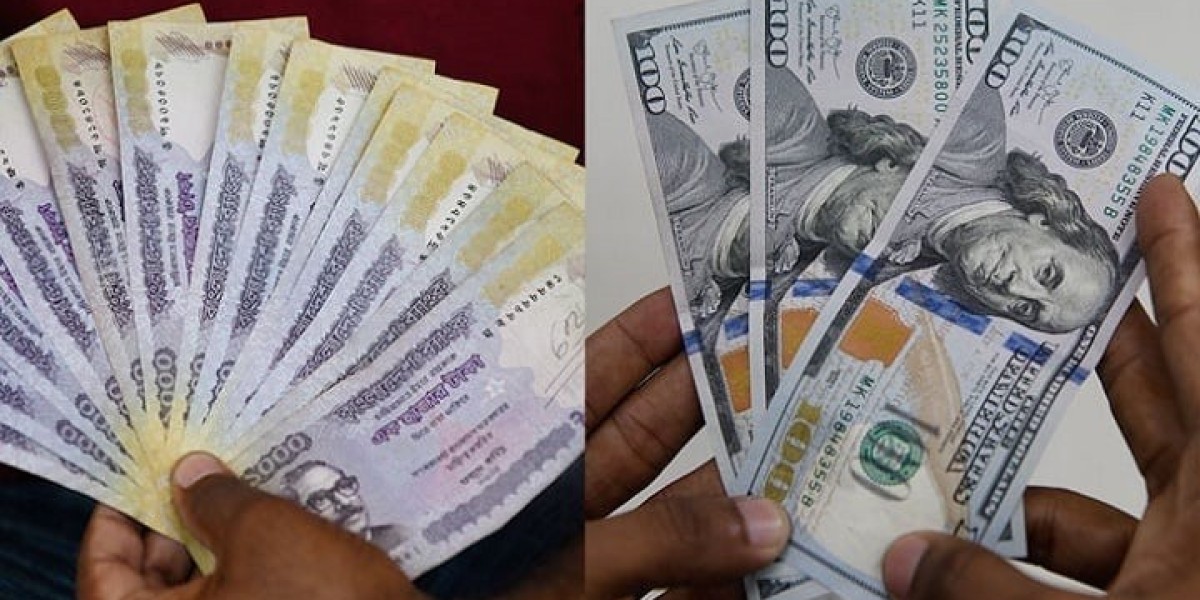Jumbangla Desk: Naogaon, the northern district, meets most of the demand for paddy and rice in the whole country. In the eighties of the last century, there were more than 1800 small and big husking mills built in this district. Due to the passage of time, the mills are now dilapidated. The details from the report of Dhaka Post are given below:
Unable to compete with modern automatic rice mills (automatic rice mills), 82 percent of the old rice mills have closed down. As a result, control of the rice market has gone into the hands of a few traders, at least 35,000 rice paddy workers have become unemployed. The leaders of Chalkal Malik Group called on the interim government to solve this crisis.
Recently, on the surface of the city's Artadarpatti-Sultanpur road, it can be seen that at least 6 husking mills are closed within a distance of two kilometers. There is silence in the mills, which were busy with workers. The mills are overgrown with weeds as they have been closed for a long time. It has become an abandoned forest. Many of these paddy fields are being used by local farmers to dry rice in the sun during the paddy season. On the contrary, the owners of automatic rice mills are standing with their heads high next to the mills and keeping the production process going. Their activities are going on day and night.
Sumon Saha of Par Naogaon Mahalla of Sadar Upazila has built a plastic factory in an abandoned husking mill in that area. After completing his studies abroad, in 2011 he took over the business of 3 Husking Mills owned by his father. Business was going well as there was profit. In the meantime, after 2015, Suman Saha had to face huge losses without being able to compete with Automatic Rice Mill. Later he was forced to sell two Husking mills to pay the debt.
Suman Saha said, since the start of the business, the owners of the automatic rice mills have begun to dominate the paddy rice market. It was not possible to buy paddy by competing with them in the market. They (automatic rice mill owners) can easily sell the rice at whatever price they buy the rice, making a huge profit while selling the rice produced from it. On the other hand, since the rice produced in Hasking mill is not attractive, the traders from outside Mokam do not want to buy it, let alone make a small profit by buying rice at a high price. Thus at one stage I was forced to close down 3 mills due to cash shortage.
Chatal workers Rahima, Amena and Sufia of Sultanpur Mohalla said, once before the sun rises, I used to rush to chatal in groups. I dried the paddy by stepping on my feet singing in an open voice. The family was doing well with the money that I got in cash including rice as remuneration. But those golden days are no more. We are almost tired of running around looking for work as one mill after another has closed down. Automatic rice mills do not employ women workers. Currently, I get paid only when the sun shines in the mill where I am working. If the sky is cloudy, you have to spend the day without food.
Mozaffar Hossain, President of Naogaon District Paddy and Boiler Auto Sorter Sramik Union, said that automatic rice mills are capable of producing large quantities of rice in a short period of time by using fewer workers. On the contrary, rice production in Hasking mills requires more laborers. Therefore, the life and livelihood of chatal workers are now under extreme threat due to the closure of one after another husking mills. At least 35,000 Chatal workers have become unemployed in the last decade and a half. Some workers have changed careers due to low wages. Now, most of those who survive spend days half-starved.
He said, even if a chatal is raised in 4 days, that is the remuneration. The workers are paid the same amount even if they rise in 10 or 15 days. Women workers get 9 kg of rice and 90 rupees per chantal. Despite being subjected to so much wage discrimination, our Chatal workers silently shed tears. Those concerned with paddy and rice sit quietly pretending not to see. During the Hasina government's tenure, when we tried to take the field to demand fair wages, we were repeatedly blocked. Now the only demand from the interim government is 'to give fair wages to the workers.'
According to the information of the Food Department and the District Agriculture Extension Department, there are currently 356 operational rice mills in the district. Out of these 44 are being operated as automatic rake mills and 312 as husking mills. In the last 1 year, paddy capable of producing 17 lakh tons of rice has been produced in Boro, Aush and Aman seasons in the district. Out of this, the demand of rice at the local level is only 6 lakh tons. The remaining 11 lakh tons of rice are supplied to various parts of the country including Dhaka and Chittagong by the rice mill owners and traders of the district.
Wholesale level rice traders complain that polished rice produced by automatic rice mills has low nutritional value but is in high demand at the consumer level. Therefore, at least 8 lakh tonnes of rice out of 11 lakh tonnes of rice supplied to destinations outside the district has to be taken from automatic rice mill owners. So throughout the year they (automatic rich mill owners) control the market as they wish. One after another the Husking mills are closing due to failure to survive this unequal competition . The syndicate continues to grow stronger.
When asked about this, General Secretary of Naogaon District Chakal Malik Group Farhad Hossain Chakdar said that in the last decade and a half, many automatic rice mills have been established in the district without paying attention to the rules. Most automatic reach mill owners do not care about stock policy. The government never tried to rein them in. As a result of which 82 percent rice mill owners have withdrawn from the business.
He also said, besides showing the nutritional value of rice produced in Hasking mill to the public, the enthusiasm of Hasking mill will return only if necessary measures are taken to stop rice polishing. This will easily break the rice market syndicate. If the number of traders increases, relief will also return at the consumer level. Therefore, he called on the interim government to solve this crisis.



















































